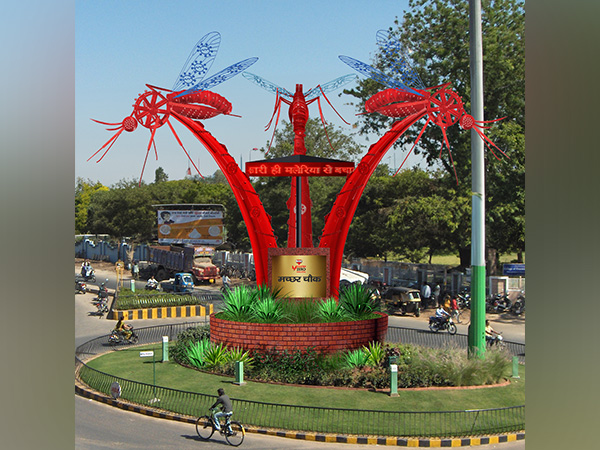
Wintering birds arrive in Myanmar's largest freshwater lake
Dec 14, 2022
Yangon [Myanmar], December 14: Nearly 12,000 wintering migratory birds of 29 species flocked to the Indawgyi Lake, the largest freshwater lake in Myanmar, during October and November this year, local authorities said.
"The population of wintering birds here this year is still low, compared to over 17,000 birds in the same period last year," U Maung Win, administrator of the Indawgyi Wildlife Sanctuary, told Xinhua on Tuesday.
The annual peak migration period is January, which saw up to nearly 30,000 wintering birds in the site in last years, he said, adding that "Annually, the birds come here in October and leave the following May."
"Due to changing climate, this year's winter in the Indawgyi region is not cold so far," he said.
The arrival of more migratory birds can benefit the region after coming up with the chances of getting wildlife conservation funds from international organizations, promoting ecotourism and etc., he said.
To protect the wintering birds, they were taking multiple measures including awareness activities and cracking down on poaching, he added.
The number of migratory birds wintering in the site annually is between 20,000 and 30,000 birds of over 40 species including ducks, cranes, seagulls, and wild geese, he said.
Located in northern Myanmar's Kachin State, the site is included in the East Asian-Australian Flyway, one of the world's great flyways, he said.
It is also the third largest freshwater lake in Southeast Asia and home to more than 160 bird species including globally threatened rare water birds.
The lake was designated as an ASEAN (Association of Southeast Asian Nations) heritage park due to its ecological importance in 2004 and as a Ramsar (wetland) Site due to its unique bird population and wetlands in 2016.
The United Nations Educational, Scientific and Cultural Organization (UNESCO) designated Indawgyi Lake as a Man and the Biosphere Reserve (MAB) among its world network of 669 reserves in June 2017.
Source: Xinhua









